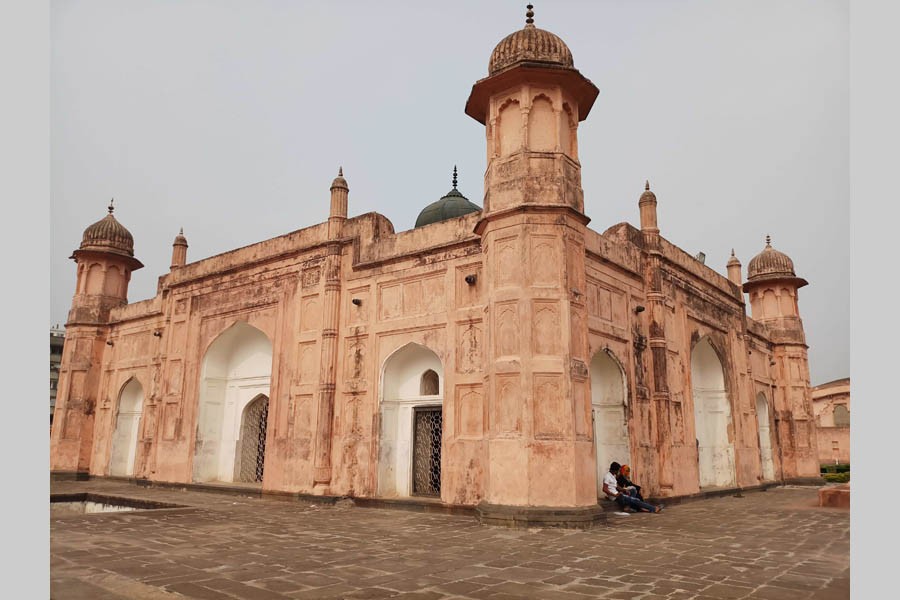The blind fans of Arthur Conan Doyl's fictitious sleuth Sherlock Holmes or those of Prince of Darkness --- Dracula, created by Bram Stoker, are still found waiting patiently on long queues. Some remain standing for hours on end.
Surprisingly, the birthplaces of Shakespeare or Goethe do not draw much common people. As part of a queer bent of mind of the literary or other areas' fans in the West, the creators at times draw less admiring crowds than their characters.
However, it doesn't mean that the fans of literary masterpieces, art works or great music compositions do not show interest in their creators. The birthplaces of dozens of poets, painters and composers in many countries enjoy the status of must-see tourist sites. As a spectacle, the trend is common in Europe and the USA. Many places evoking memories of great people have later been turned into museums. A 2-3-hour-long visit of the first US President George Washington's plantation at Mount Vernon is such a place. Visit to the site requires a tourist to buy tickets. Sites associated with Poet Tagore offer ticket-free entry. Unfortunately, visits to the places continue to decline. Similar are the cases with many famous people.
The aura created around the characters of fictions and plays has a lot to do with their popularity among the readers. In fact, paying visits to the haunts of immortal fictional characters is a unique kind of paying tribute to the authors or playwrights themselves.
The custom has yet to take root in the Sub-continent, including Bangladesh. But the region hasn't learned the tradition of preserving the very birthplaces of many famous people either. They include politicians, social reformers, independence struggle heroes and authors and cultural personalities. The Sub-continent in general has long developed a virtually ingrained propensity to become oblivious to its greats eventually.
The scenario is worse in Bangladesh. Lots of monumental relics, privately built structures including homesteads have fallen into ruin irreversibly. However, just pointing the finger at people's nonchalance and forgetfulness for the disappearance of historic structures might be injustice. The humid climate of the land also has a prominent role here. In such a climate, having a dominant presence of salinity and elements expediting the eroding process, centuries-old structures can hardly remain in place. Scores of majestic set-ups as well as humble dwellings of many great sons of the soil have thus vanished for good. A lot of them survive still, thanks to the changing behaviour of the climate. To the great dismay of the conservationists and archaeological aficionados, many dilapidated structures that can still manage to remain in place are feared to crumble down in the near future.
The country's archaeological authorities have in the recent years restored a number of historical buildings. Most of them are public structures under the jurisdiction of the district administration and the relevant ministries. Thus a number of pre-Mughal, Mughal and British-era edifices were protected from demolition. But problems lie with a section of long-neglected buildings -- especially those 100 to 200 years old. These include administrative offices of the time, houses of renowned personalities like Ritwik Ghatak, places of worship etc. A tussle between the Department of Archaeology and the local law enforcers' authorities centring a 175 years old 'Nilkuthi' in a northern district unveils an unwarranted episode. The archaeology department demands that the structure be renovated as a heritage site. The law enforcing authorities want the bricks from a portion of a wall to construct a set-up for their use. The fracas has been drawn to a close, for now.
The incident has prompted many locals to raise eyebrows. Of the many responsibilities bestowed on the law enforcing agencies regarding preservation of historic sites, taking measures for their protection is one of foremost importance. Exceptions to this practice carry, naturally, the elements of surprise.


